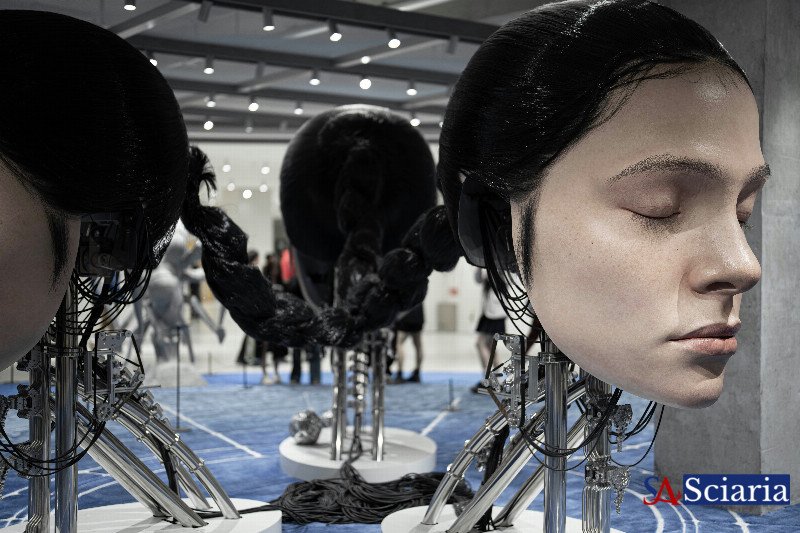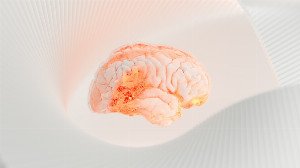The Evolution of Knowledge in the Age of Artificial Intelligence
- Sciaria
- Education
- Sep 28, 2025
- 0 Comments

In the 21st century, the landscape of human knowledge is undergoing a profound transformation—driven largely by the rapid advancement of Artificial Intelligence (AI). From accelerating scientific discovery to reshaping how we learn, create, and share information, AI is not just a tool but a catalyst for a new era of intellectual evolution.
Accelerating the Pace of Discovery
One of the most significant contributions of AI to the development of knowledge is its ability to process and analyze vast amounts of data at unprecedented speeds. In fields such as medicine, climate science, and astrophysics, AI algorithms can identify patterns and correlations that would be impossible for humans to detect manually. For example, AI-powered systems have helped researchers identify new drug candidates, predict protein structures (as demonstrated by DeepMind’s AlphaFold), and model complex climate systems with greater accuracy. This acceleration shortens the timeline from hypothesis to discovery, enabling faster innovation and problem-solving.
Democratizing Access to Knowledge
AI has also played a pivotal role in making knowledge more accessible. Intelligent search engines, recommendation systems, and language translation tools break down barriers of language, geography, and education level. Platforms like Wikipedia, online courses (MOOCs), and AI-driven tutoring systems allow learners worldwide to access high-quality educational content tailored to their needs. Moreover, generative AI models can explain complex topics in simple terms, making advanced knowledge comprehensible to a broader audience.
Transforming How We Learn and Think
The integration of AI into education is reshaping pedagogical approaches. Adaptive learning systems use AI to personalize curricula based on individual student performance, fostering more effective and engaging learning experiences. Beyond formal education, AI tools encourage lifelong learning by providing just-in-time knowledge—answering questions, summarizing research papers, or generating study guides on demand. However, this convenience also raises critical questions about critical thinking and information literacy. As AI becomes a primary source of answers, the ability to evaluate, question, and synthesize information remains essential.
Challenges and Ethical Considerations
Despite its benefits, the rise of AI in knowledge development presents significant challenges. Issues such as algorithmic bias, misinformation, and the “black box” nature of some AI systems can distort or limit understanding. There is also concern that overreliance on AI might erode human curiosity and deep analytical skills. Furthermore, the concentration of AI development in a few powerful corporations risks creating knowledge monopolies, where access to cutting-edge insights is controlled by a select few.
The Future: Collaboration Between Human and Machine Intelligence
The future of knowledge lies not in replacing human intellect with artificial systems, but in fostering a symbiotic relationship between the two. AI excels at computation, pattern recognition, and data processing, while humans bring creativity, ethical reasoning, contextual understanding, and emotional intelligence. By combining these strengths, we can tackle complex global challenges—from pandemics to climate change—with greater insight and innovation.
In conclusion, AI is not merely changing what we know—it is transforming how we know. As we navigate this evolving landscape, the goal should be to harness AI as a partner in the pursuit of truth, wisdom, and understanding, ensuring that the advancement of knowledge remains inclusive, ethical, and deeply human.
Comments (0)
Rate This Blog
Top Blogs by Rating
The Hidden Hunger: Decoding Yo...
By Sciaria
The Global Soul: Navigating Id...
By Sciaria
Beyond the Bustle: Unmasking t...
By Sciaria
Favorite Blog
The Geological Secret in Your...
By Sciaria
God in the Glitch: Embracing t...
By Sciaria
The Art of Unlearning: Educati...
By Sciaria





